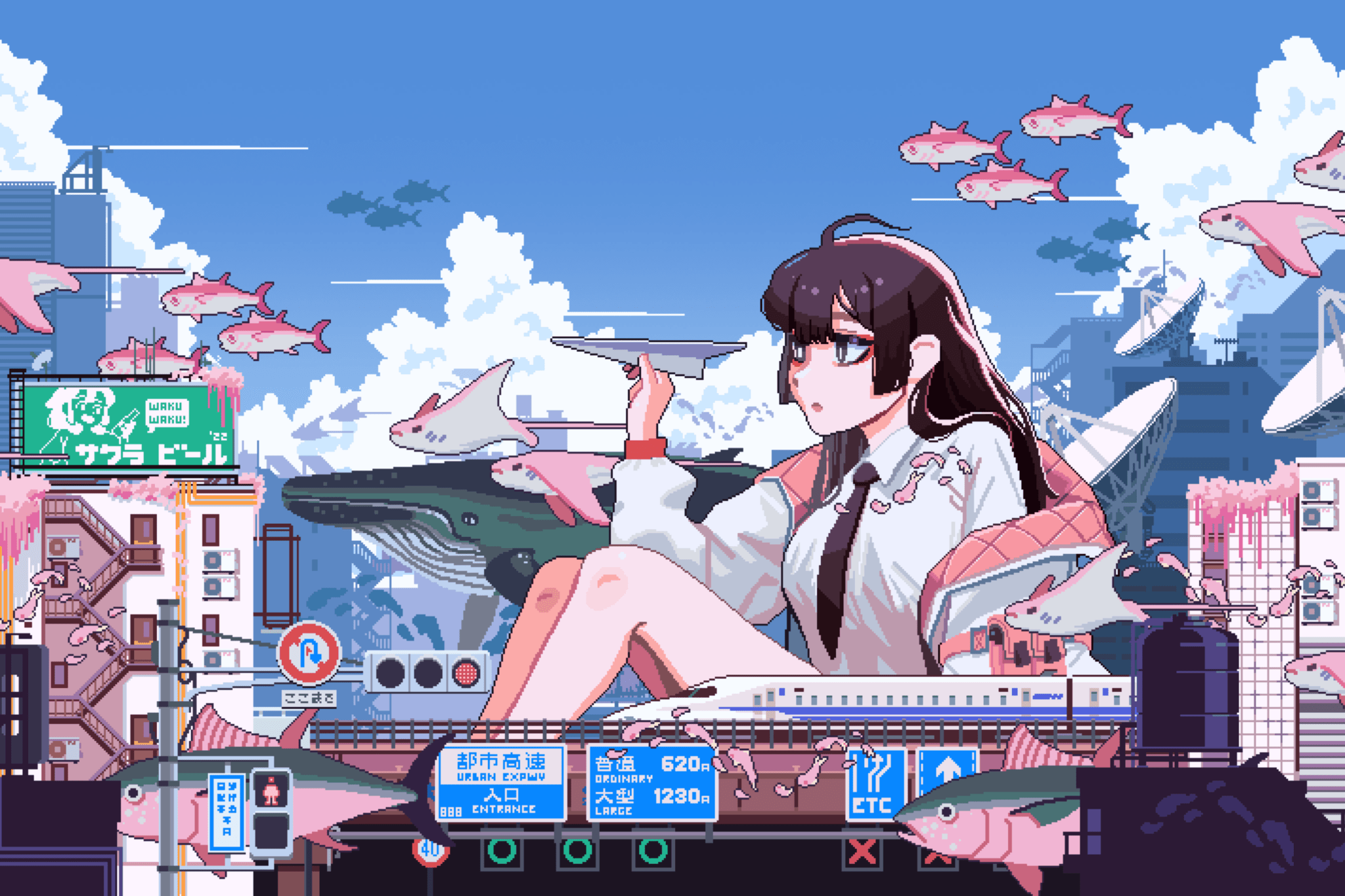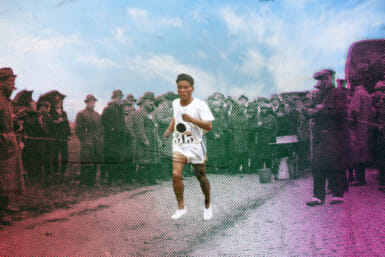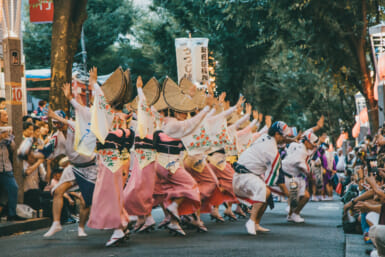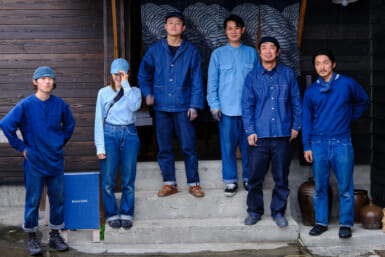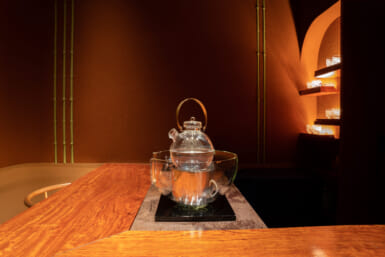For generations, Japan has been a muse for artists of all mediums. Filmmakers, painters, writers and photographers from around the world have found inspiration in various aspects of the country and its culture, infusing its charm and aesthetic with their own unique style.
One such artist is Nelson Wu, a pixel artist and illustrator whose colorful depictions of everything from Japanese landscapes to convenience store snacks have not only amassed him a large online following, but also led to his work being displayed on the big screen of the world-famous Shibuya Scramble Crossing.
Catching up with Wu, commonly known online as Instant Onion, we discuss how a love of art and Japan has culminated into an award-winning career spanning multiple forms of media.
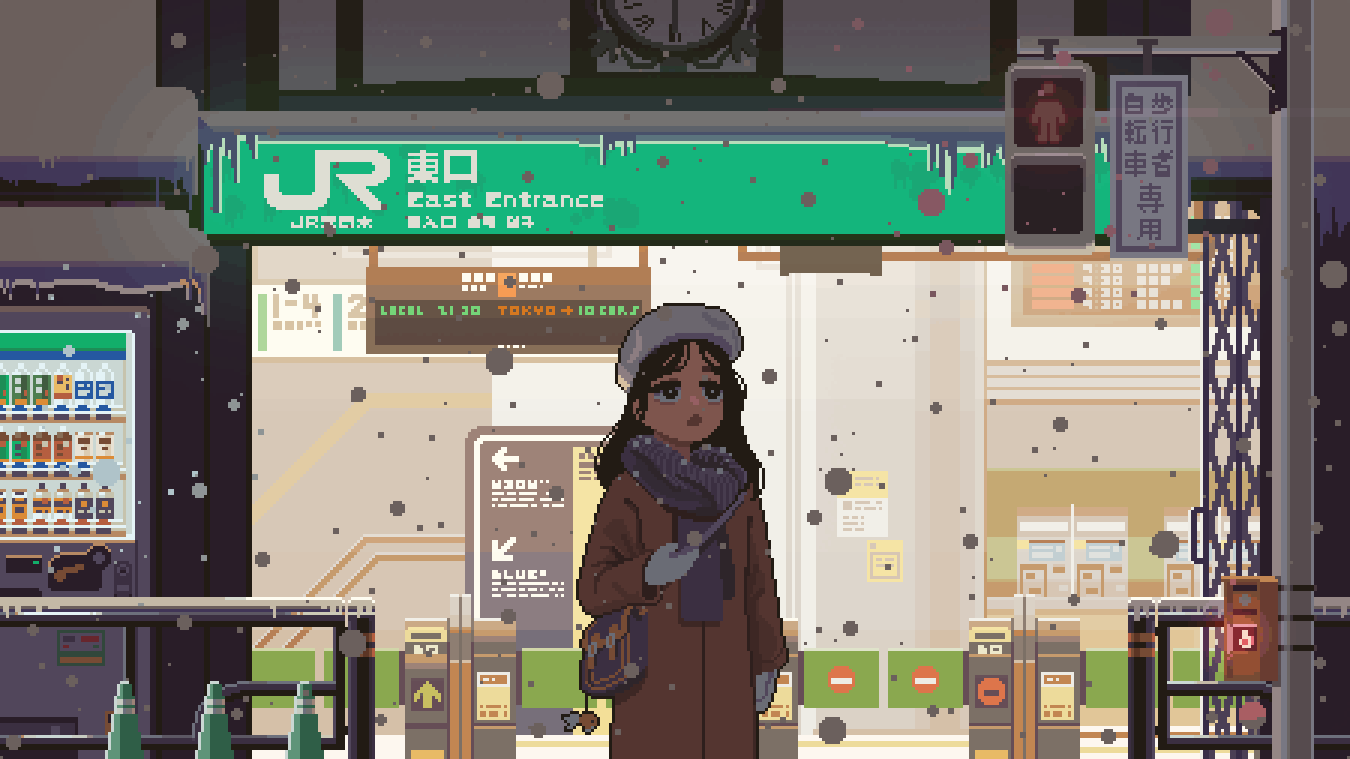
Fine Art Beginnings
Born and raised in Toronto, Canada, Wu found art and illustration during his childhood.
“I’ve been drawing pretty much all my life” he says, smiling. “When I was young, I really liked to draw cars, airplanes, stuff like that, and then I started getting into digital art towards the end of high school. That was when I realized that I wanted to take things more seriously.”
Determined to take his work to the next level, Wu then enrolled in the Ontario College of Art and Design (OCAD), a prestigious school with an artistic reputation that didn’t always align with his personal style of work.
“It was very much about fine art, and that was completely the opposite direction of where I wanted to take my work” he laughs. “This caused my art style to split off in multiple directions, because I had one style that I would present to the professors who would grade my work, but also another style that was for me. Then once I graduated, I narrowed my work down to pixel art and illustration, which is what people see today.”
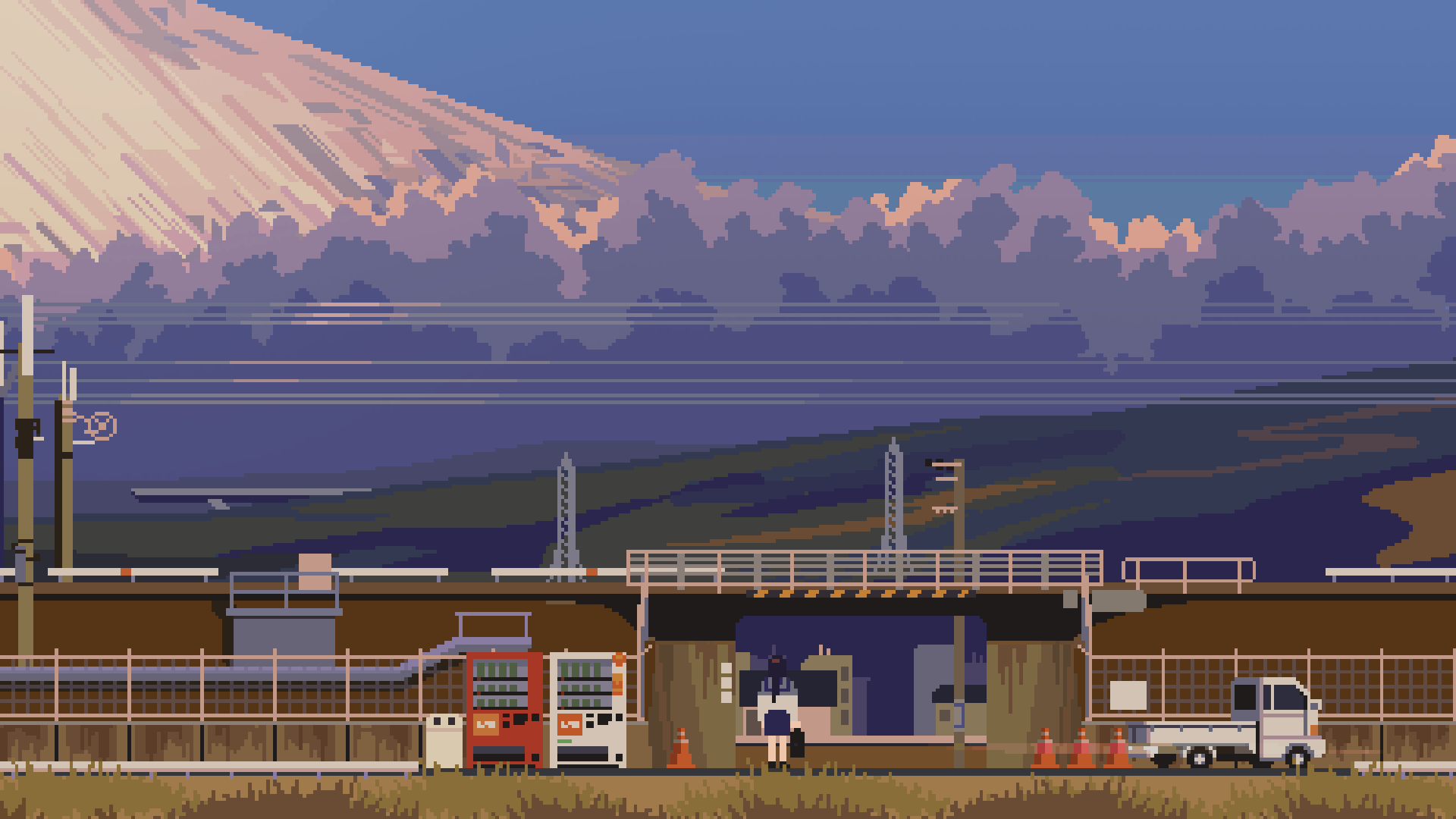
Drawn to Japan
Despite not growing up in Japan, Wu was exposed to Japan and its pop culture long before setting foot in the country because of anime.
“We had this channel in Canada called YTV, and every Saturday night there would be anime playing” he reminisces. “At 9pm there would be Naruto, then Bleach and Full Metal Alchemist. That was kind of my introduction to Japan.”
Not content with simply enjoying the country from afar, Wu made his first trip to Japan in 2018 to get a proper feel for the atmosphere that would quickly become the main subject of his artworks, and in particular, the architecture and infrastructure that many people living in Japan either take for granted or fail to notice at all.
“It’s the little things like compact spaces, air conditioners and even road markings” he says. “I feel like they’re more important than people realize, because they give the roads in Japan so much color.”
Beyond these finer details, it was also the contrast between his home country and the streets of Japan’s capital that inspired much of Wu’s artworks.
“Just by walking through neighborhoods in Tokyo, you can pass by a barber shop, an izakaya and a kissaten, and each storefront will have its own personality, often with little signs outside and plants decorating them. It’s those kinds of things you don’t see in North America so much,” he says.
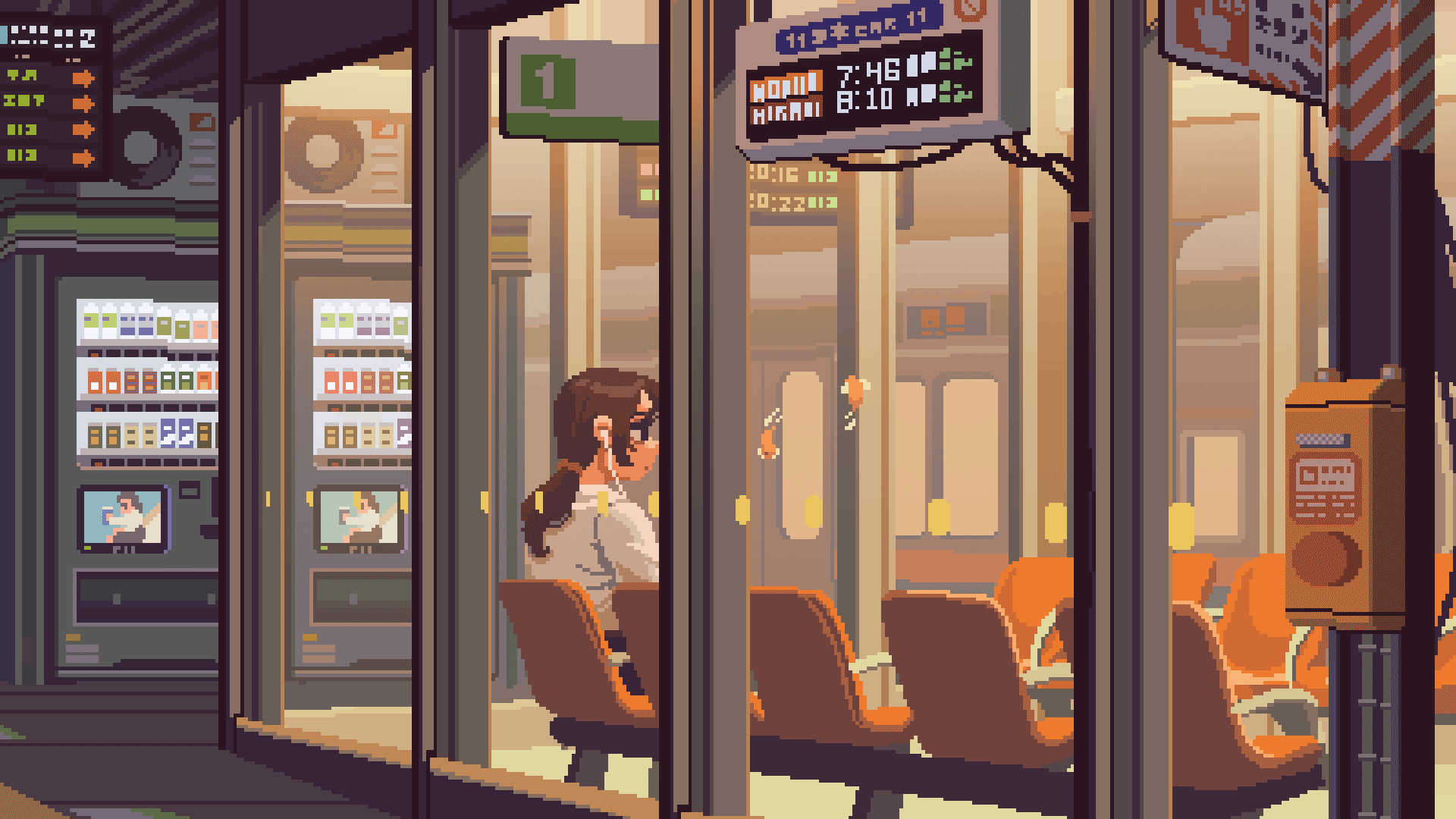
An Artist of Many Talents
Over the years, as Wu’s fan base has grown, his art style and proficiency have grown along with it. Regularly exhibiting and selling his work at conventions in both Canada and the United States, Wu’s art is today featured among Tokyo-based collectives such as Artedly, and has been met with critical acclaim in competitions such as Shibuya Pixel Art, where he was awarded the 2021 grand prize for his animated entry “Departing”: an accolade that saw his work not only displayed in the Shibuya Pixel Art physical gallery but also on the big screen overlooking Shibuya’s Scramble Crossing.
As ambitious as he is talented, Wu’s work in recent years has also evolved into a variety of other mediums, which today fall under the banner of his personal brand Onionlabs (stylized as ONIONLABS). This includes the short film “Tuesday” that he directed in his trademark pixel art style, online tutorials on creating pixel art, as well as his upcoming indie video game “Yukyo Station”, which incorporates a fascinating mixture of both fantasy and day to day life in Japan.
“In the game, you play as a starving artist who needs a second job, and you find one as a cleaner at the subway station working the nightshift” Wu explains. “But the manager of the subway station failed to mention that the cleaning required actually involves ridding the subway station of curses and freeing the possessed salarymen that are trapped there.”
Despite his success, Wu is not content with resting on his laurels. Instead, he continues working on new ventures, such as a line of physical merchandise that includes socks bearing his trademark pixel designs, while also looking to other projects that he hopes to realize in the future.
“I definitely want to make my own pixel art anime one day and work with other artists,” he says. “I’d love to have my own little studio where we just make pixel animations all day.”
You can keep up to date with all of Nelson Wu’s work online via Onionlabs.

